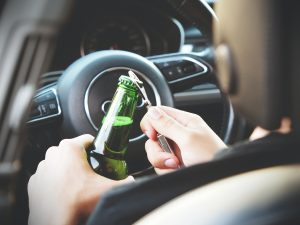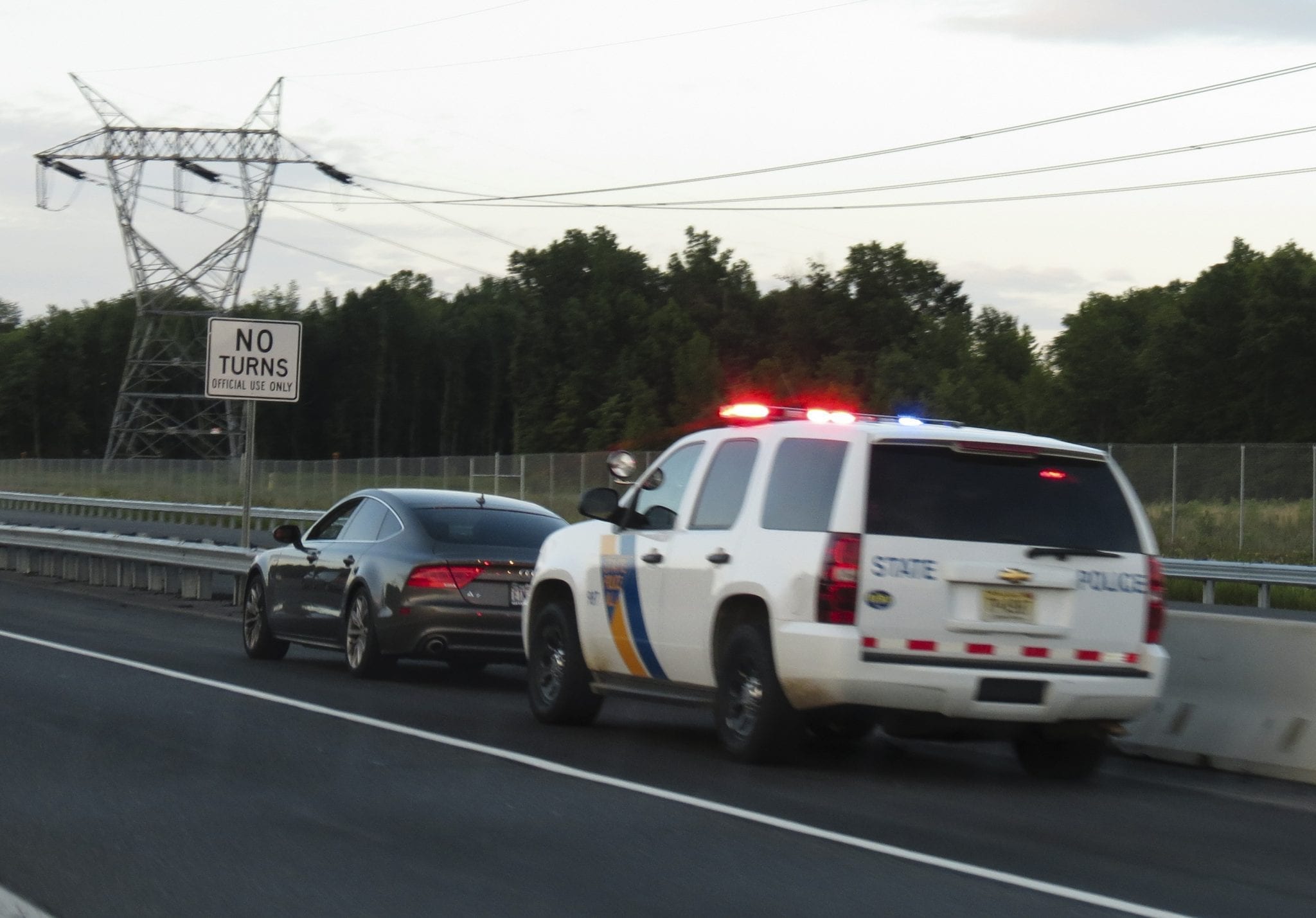If you are stopped for a traffic violation, remember that you are not impervious to a search. There are situations in which an officer has every right to search your vehicle, even without a warrant.
If you’re commuting on a daily basis, there is a chance that you’ll be pulled over at least once in your lifetime. Such a stop will happen when you least expect it and you’ll not be in a position to know how to react. The most important thing is that you’re not panicking when you see that the police are tailing you in the rearview mirror.
Since you’ll be anticipating interacting with the traffic officer, it’s imperative that you’re remaining calm so as not to give them a reason to suspect anything.
Police Officer Rights When Engaging the Public
According to the constitution, law enforcement officers have a civil duty to “protect and serve” members of the public. Part of the serving is to ensure that there are no reckless motorists who can endanger the lives of other road users. An officer has the right to stop a vehicle if they witness a traffic infraction. The observation of the infraction would provide a substantive reason for them to stop the vehicle. This is what is referred to as “probable cause” in the legal profession.
But that doesn’t give an officer of the law the go ahead to abuse his/her position of power. Some officers may feel like they’re having a slow night or need to reach an end of the month quota, prompting them to pull over more individuals with less probable cause. If you have been in this situation and feel like your rights have been stepped on with no valid or significant reason, you have the right to hire an attorney from an accredited law firm like Twibell Pierson Criminal Law. Such attorneys will have a background in defending criminal charges, including those that you may have been strapped with as a result of a less than kosher search of your vehicle on a thinly veiled traffic stop claim.
Police Stops and Detention
One of the reasons why a traffic cop can’t just stop you for the sake of it is because the stop could be considered to be detention. It will be impossible to leave at will once you’re in police custody. It doesn’t matter whether or not the arresting officer brings out the handcuffs. The only instance where a police officer is allowed to pull over a vehicle is when it matches that of a suspect, or when a traffic law has been violated. This goes to show the limited authority that police officers have when enforcing the law on the road.
Know Your Rights When You’re Pulled Over
You don’t necessarily have to be vocal when you’ve been pulled over without a valid reason. You can choose to remain in your car and only answer the basic questions that they’re asking. The basic questions are asked to establish your identity and nothing else. It is also within your right not to give evidence that could be used against you in a court of law.
Is a Warrant Necessary to Search Your Car?
There are numerous instances where a police offer might try to search your car during a traffic stop. It should be noted that the police might not be able to use the evidence they obtained against you in a court of law if the traffic stop is illegal in the first place. An illegal traffic stop can be described as one in which the arresting officer lacks probable cause. For example, you could be transporting large quantities of marijuana or other illegal substances, which an officer seizes during your traffic stop and subsequent arrest. Such evidence would be inadmissible in a court of law because there was no probable cause for your traffic stop to have taken place at all.

If you are stopped for a traffic violation, remember that you are not impervious to a search. There are situations in which an officer has every right to search your vehicle, even without a warrant. These lawful conditions include:
- You’ve provided consent for the vehicle to be searched
- An illegal object or substance is in plain view
- Car being searched after a lawful arrest
- The officer has probable cause that you might have been involved in a crime
- The officer has reason to believe that you might destroy vital evidence that helps with building up a case
Fighting Illegal Traffic Stops
It is the duty of men and women in uniform to ensure that they’re abiding by strict rules and regulations when it comes to the application of the law. If you have reason to believe that you’re wrongfully stopped by a police officer, it is important that you’re reaching out to an attorney that can help with the case.
Can Police Run Your Plates For No Reason?
There is no problem for a police officer to run your plates because they’re objects that can be categorized under the ‘plain view doctrine’. Police across the country can randomly check license plates and there are no laws that are being broken when they do so. Even if the police are allowed to check your license plate, there should be reasonable suspicion for them to pull you over in the first place.
Can Police Stop You for Speeding?
A police officer has the right to pull you over if you’re speeding. They have the right to act whenever they witness a traffic infraction. If you’re facing charges and you’ve been pulled over by a police officer, the first thing you’d want to do is to reach out to a criminal defense attorney.
A Criminal Attorney Can Help
Criminal charges can have severe implications on your life. When you reach out to a qualified attorney, you’re choosing an advocate who will make sure that your case is heard and that you are given a fair trial and the ability to prove that your actions were not unlawful. A criminal defense attorney will be invaluable to your case, making them one of the first calls you need to make if you have been arrested or charged with a crime during what seems to be a routine traffic stop.


Join the conversation!